Joanna Cervantez
Microschool Founder and Math Ed Consultant
A Fuller Education
Announcing the winners of the 2025 Tools Competition!

Tools should target academics, school administrators, practitioners, or innovators interested in performing high-quality research related to K-12 learning as their primary user group.

Tools Competition judges play a critical role in selecting Tools Competition Winners and bring expertise spanning philanthropy, research, industry, and education. Judges will hear virtual pitches from finalists in Phase III of the competition.
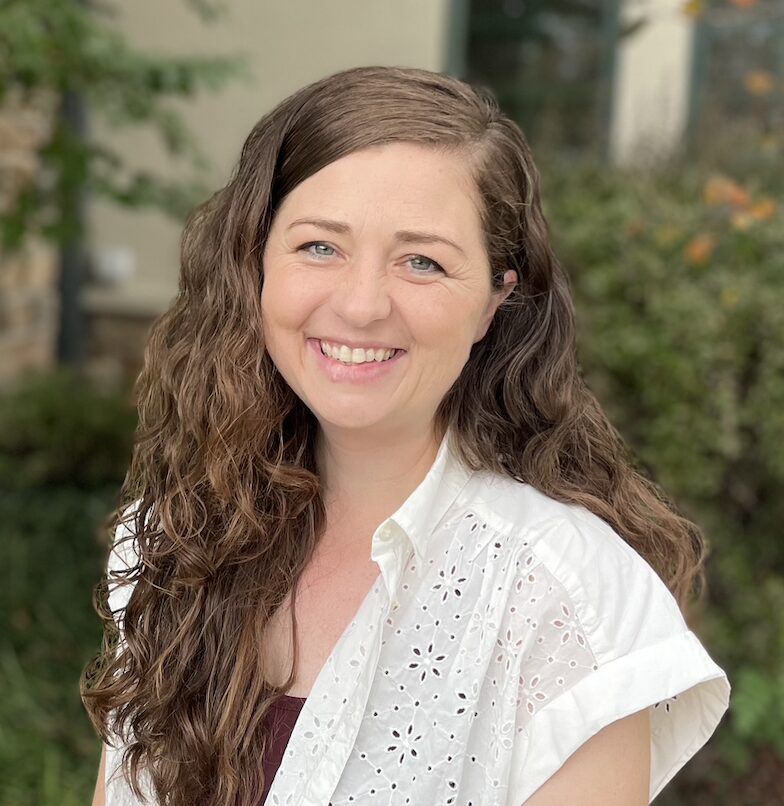

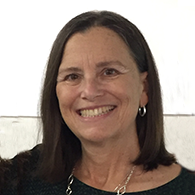













Executive Director, Assessment for Good
Advanced Education Research and Development Fund (AERDF)


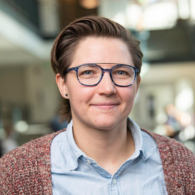

Caitlin Mills
Associate Professor
University of Minnesota


Pedja Neskovic
Program Manager
Office of Naval Research






Rod Roscoe
Associate Professor
Arizona State University
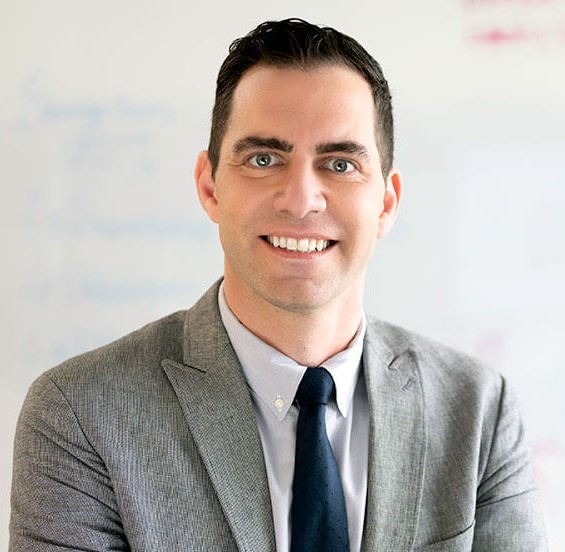



Martin Tomasik
Full Professor for Research Methods in Developmental and Educational Science
University of Zurich
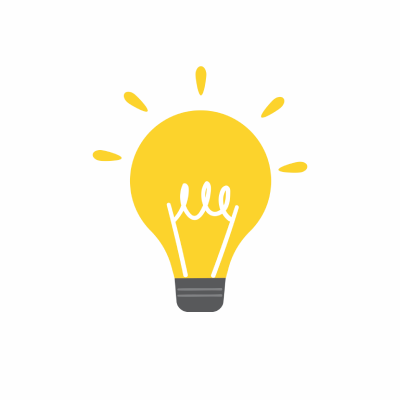
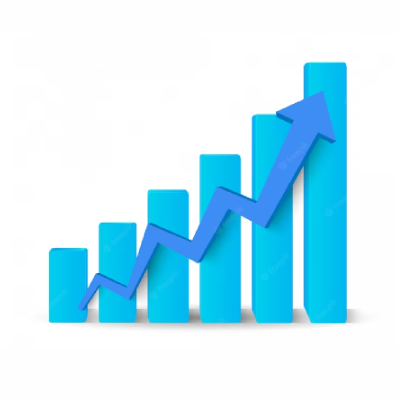
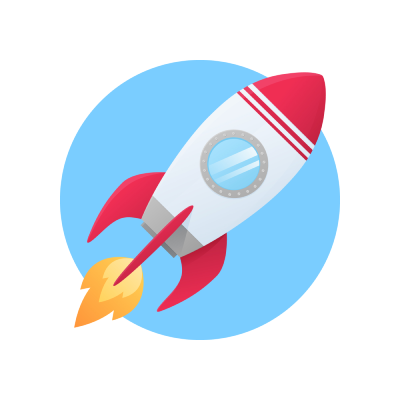
Determine whether you are eligible to apply for the OpenAI Learning Impact Prize (optional).
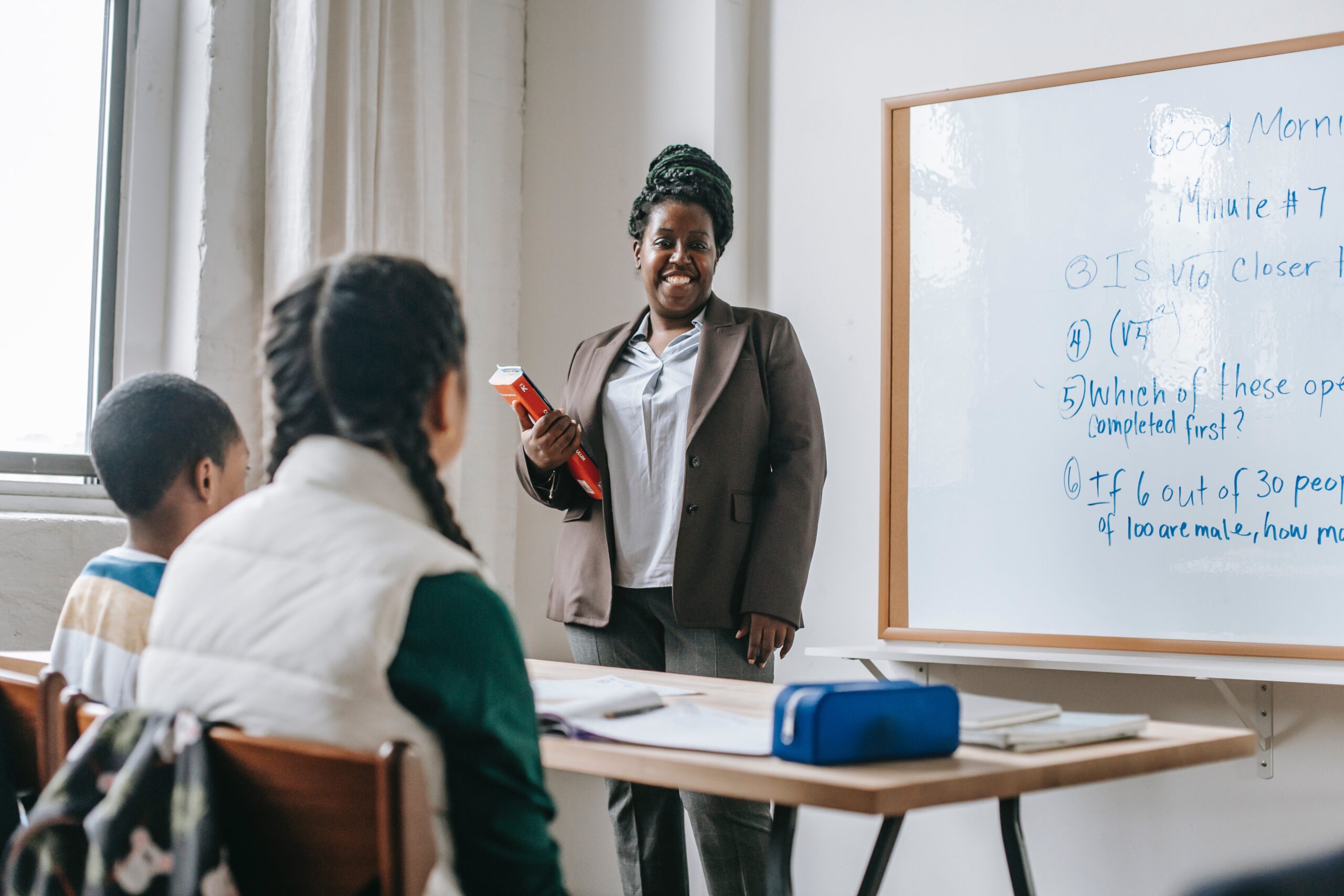
Supplemental funding of $100,000 is available to competitors submitting at the Growth or Transform level to implement their product and conduct research in a school setting. The district or consortium of districts must have at least 10,000 students of which the majority come from historically marginalized populations. The research plan must include:
In Phase I, competitors will indicate if they intend to compete for the Implementation Impact Prize. In Phase II, competitors will detail their research plan and submit a letter of agreement from the school partner.

OpenAI will select up to three recipients of the OpenAI Learning Impact Prize among competition winners who will receive $100,000 in additional funds, $10,000 in OpenAI API credits, and technical guidance from OpenAI engineers. Select contenders will also receive $2,500 in OpenAI API credits.
Competitors across all tracks that indicate an interest in being considered for this award will complete additional requirements when submitting their proposal materials.
Likelihood to improve learning and instruction
Likelihood to improve research
Ability to support equity and close opportunity gaps
Ability to scale
The Tools Competition funds edtech tools and technologies that support learning outcomes and can contribute to learning science research.
Eligible tools have the potential to generate novel learning data that researchers can study to better understand learning at scale. This may include an app, software, algorithm, or other digital technology that facilitates or supports continuous data collection and has the potential to scale at minimal cost.
Please note that this definition is not exhaustive. As technology continues to develop and innovations are created globally, other tool concepts may also be competitive.
Not sure your tool is eligible? Explore winning tools from previous years or get in touch.
Competitors submit an abstract describing the concept for their tool and responding to the evaluation criteria.
Competitors develop a proposal and budget detailing their tool and its technology and responding in detail to the evaluation criteria. Rubrics will be posted when Phase II opens.